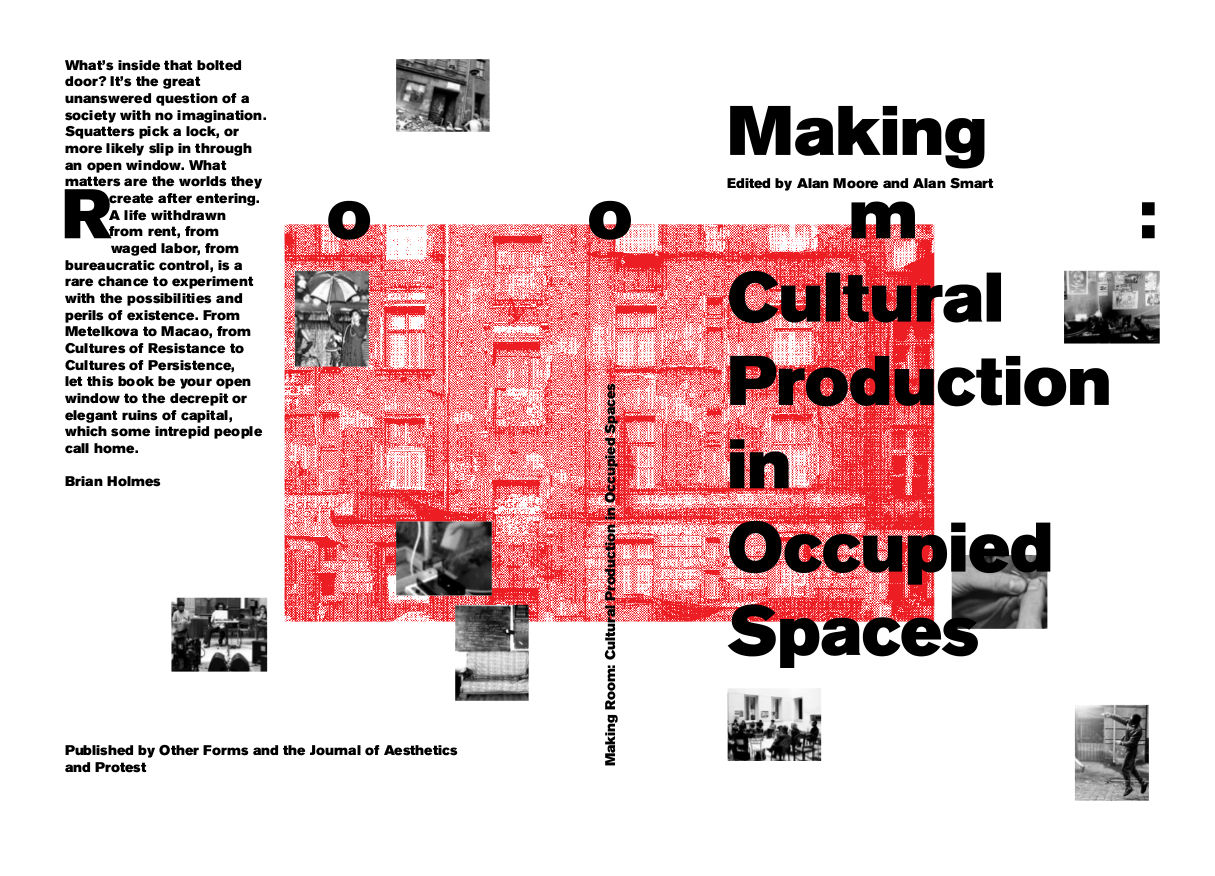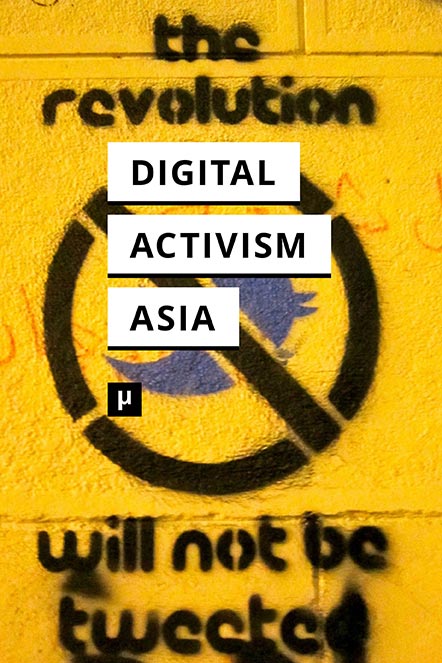Diana Taylor with Lorie Novak (eds.): Dancing with the Zapatistas: Twenty Years Later (2014)
Filed under book | Tags: · activism, art, social movements, zapatistas

“Dancing with the Zapatistas brings together scholars, artists, journalists, and activists to respond to the continuing work of the Zapatistas twenty years after their insurrection in 1994. Available online, this open access multimedia digital book includes essays, photo essays, interviews, and spoken word and theatrical performances that offer insights into the workings of the Zapatista Council on Good Government; the murals in the Caracoles; the Escuelita; Subcomandante Marcos; and Zapatista music and celebrations. The book discusses how Zapatista and Mayan thought permeate the daily life of the Zapatistas, from the way in which their languages configure collective identity to how music affirms the Zapatistas’ conception of history. Ultimately, Dancing with the Zapatistas considers how the Zapatistas work with those outside their movement while covering how they have influenced the practices of activists and artists around the globe.”
Contributors: Brian Batchelor, Henry Castillo, Elvira Colorado, Hortencia Colorado, María Luisa de la Garza, Ricardo Dominguez, Jennifer Flores Sternad Ponce de León, Guillermo Gómez-Peña, Marta Molina, Lorie Novak, Julio Pantoja, Claudia Isabel Serrano Otero, Jacques Servin (a.k.a. Andy Bichlbaum), Alexei Taylor, Diana Taylor, Luis Vargas-Santiago, Moysés Zuñiga.
Publisher Duke University Press, with the Hemispheric Institute of Performance and Politics at New York University, 2014
Open access
via Gabriella Coleman
Alan Moore, Alan Smart (eds.): Making Room: Cultural Production in Occupied Spaces (2015)
Filed under book | Tags: · activism, anarchism, art, counterculture, cultural production, diy, social movements, squatting

“An anthology of voices from the post-1968 squatting movement in Europe and beyond. It focuses on creative production and cultural innovation driven by squats. Squatting is certainly a tactic which has enabled a tremendous body of collective culture work to be done, and new kinds of lives to be lived. Making Room lays it out in the words of those who did it and study it.
The dark matter undercommons of disobedient culture surveyed in this book begins its roam in a theoretical introduction that includes autonomist theory, ‘monster institutions’ and simple economic justice. It moves from north to south, portraying by country some specific local conditions of an international movement.”
With contributions by Miguel Ángel Martínez López, Alan W. Moore, Stevphen Shukaitis, Universidad Nómada, Tino Buchholz, Vincent Boschma, Geert Lovink, Alan Smart, Aja Waalwijk, Jordan Zinovich, Britta Lillesøe,Tina Steiger, Mikkel Bolt Rasmussen, x-Chris, Kasper Opstrup, Azomozox, Ashley Dawson, Sarah Lewison, Azomozox, Nina Fraeser, Julia Ramírez Blanco, Tobias Morawski, Eliseo Fucolti, Gianni Piazza, Assembly of Teatro Valle, Patrick Nagle, Emanuele Braga, Margot Verdier, Vincent Prieur, Jon Lackman, Jacqueline Feldman, Julia Lledin, Elisabeth Lorenzi, Julia Lledinm, Stephen Luis Vilaseca, La Casa Invisible, Stephen Luis Vilaseca, Yasmin Ramirez, Gregory Lehmann, Sutapa Chattopadhyay, Jasna Babic, Tristan Wibault, Galvao Debelle dos Santos, E.T.C. Dee, Spencer Sunshine, Maxigas, and mujinga.
Co-published by Journal of Aesthetics & Protest and Other Forms, October 2015
Designed by Other Forms
Translation Milena Ruiz Magaldi and Jeannette Petrik
Open access
ISBN 9780979137792
355 pages
PDF (27 MB)
PDF (G Drive, from publisher)
Nishant Shah, Puthiya Purayil Sneha, Sumandro Chattapadhyay (eds.): Digital Activism in Asia (2015)
Filed under book | Tags: · activism, asia, internet, internet activism, media activism, participation, politics, protest, social media, social movements, software

“The digital turn might as well be marked as an Asian turn. From flash-mobs in Taiwan to feminist mobilisations in India, from hybrid media strategies of Syrian activists to cultural protests in Thailand, we see the emergence of political acts that transform the citizen from being a beneficiary of change to becoming an agent of change. In co-shaping these changes, what the digital shall be used for, and what its consequences will be, are both up for speculation and negotiation.
Digital Activism in Asia marks a particular shift where these questions are no longer being refracted through the ICT4D logic, or the West’s attempts to save Asia from itself, but shaped by multiplicity, unevenness, and urgencies of digital sites and users in Asia.
This reader crowd-sources critical tools, concepts, analyses, and annotations, self-identified by a network of change makers in Asia as important in their own practices within their own contexts.”
Publisher meson press, Lüneburg, July 2015
Creative Commons BY-SA 4.0 License
ISBN 9783957960511
273 pages
PDF (9 MB, updated 2015-8-13)
Comments (2)
